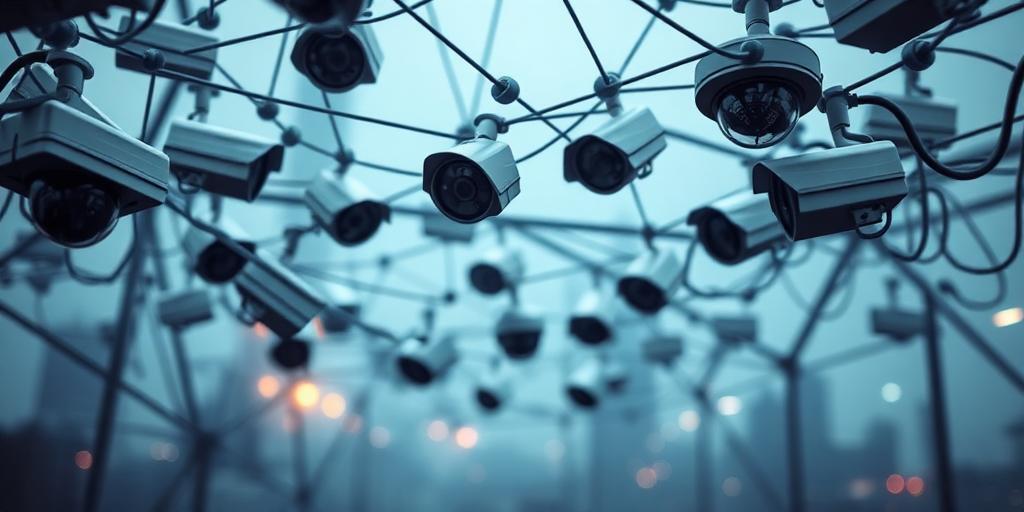In today's society, surveillance has become an undeniable aspect of our daily lives. From CCTV cameras monitoring our streets to data collection by tech companies, we are constantly being watched and analyzed. While proponents argue that surveillance is necessary for security and efficiency, it raises serious concerns about privacy, freedom, and the erosion of trust.
One of the most significant criticisms of surveillance culture is its impact on privacy. Constant monitoring can create a chilling effect, discouraging people from expressing dissenting opinions or engaging in activities that might be deemed suspicious. This can lead to a more conformist and less innovative society, where individuals are afraid to deviate from the norm.
Furthermore, the data collected through surveillance is often used for purposes beyond its original intent. Information gathered for security purposes can be used for targeted advertising or even political manipulation. This raises questions about who controls this data and how it is being used, as well as the potential for abuse and discrimination.
Another concern is the lack of transparency and accountability in surveillance practices. Many surveillance systems operate in secret, with little or no public oversight. This makes it difficult to assess their effectiveness or to hold those responsible for their operation accountable for any abuses.
To address these concerns, it is essential to promote greater transparency and accountability in surveillance practices. This includes implementing stricter regulations on data collection and usage, as well as establishing independent oversight bodies to monitor surveillance activities. It is also important to educate the public about the risks of surveillance and to empower them to protect their privacy.
In conclusion, while surveillance may offer some benefits in terms of security and efficiency, it also poses significant risks to privacy, freedom, and trust. By promoting greater transparency and accountability in surveillance practices, we can mitigate these risks and create a society that values both security and individual rights.









